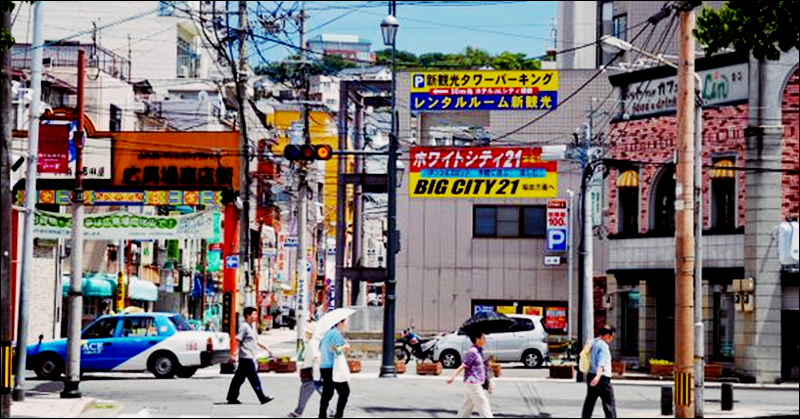Japan, just like any other country in the world, has its own unique set of culture, rules, and environment in the workplace. Though we’ve heard some things about working in Japan; admittedly – some good and some bad, we really can’t generalize because no two companies are the same wherever you happen to be working in the world, so some pros and cons are definitely to be expected.
ALSO READ: 5 Things OFWs Need To Know Before Working in Japan
And since Japan has one of the biggest economies in the world, it would be quite interesting to find out what makes this global force run at full steam: the answer lies in its workforce.

5 Things to Know About Japan’s Work Culture
In this post, we will share some of the things you need to understand about Japan’s work culture and how to navigate through it with your sanity intact. Be sure to stick through the end because we’ll be sharing a bonus clip about a day in the life of a Japanese worker in a progressive company (Pasona).
- Seniority is a Big Deal.
Japanese culture puts high regard on elders because of the wealth of experience and wisdom they have accumulated through the years. And this translates even in the business setting. That being said, it’s quite rare to find a young person in a senior position, so it’s important that you should always evaluate the situation and to act accordingly. In meetings or general interactions, it’s common for younger people to defer or submit to their seniors. Needless to say, it’s important to respect other people’s opinions, but more especially the older people here in Japan.
Pro Tip: Always greet the most senior person in the room first. You can do this by bowing deeper to them than you would to others.
- Temperance is Important.
The Japanese people exercise great control and composure over their feelings and emotions. This is why other nationalities would think that the Japanese are rather cold or distant at times. In business, this trait also holds much meaning in conducting yourself with others. Being calm and collected all the time is the norm, and is key to building very good business relationships.
Pro Tip: Being minimalist in the sense that you don’t oversell your worth through much talking is something typical when conducting business here in Japan. Instead, only choose what you mean to say and try to be as low-key as you can. In other words, simply let your actions (or work) do the talking for you.
- Solidarity Matters.
In many Western work settings, emphasis tends to be placed on individual accolades whereas here in Japan, the team comes first. And so, employers tend to express praise and acknowledgment to the entire team or group, even if an individual bears more responsibility for their success. Simply take it all in, and take comfort in the fact that you’re with a team that will stick together through thick or thin.
Pro Tip: If you get the opportunity to land a senior position in a Japanese company, remember that you should never single out an individual – whether for a commendation or criticism. In both cases, you will only end up embarrassing the individual in front of the group.
- Connections Make the Man.
While you may not put much thought into it (or getting your own), business cards or “meishi” in Japan are considered an extension of a business person’s identity. For this reason, exchanging business cards is something considered part of work. Meetings in Japan typically begin with a ceremonious exchange of business cards also known as meishi kokan. Accept and offer business cards with both hands, take a moment to read them, and place them in a card holder for reference.
Pro Tip: As it can be seen as an important work routine, never accept then place a business card in your pocket, wallet, or purse. This is considered very disrespectful in Japan, so be very careful.
- Going Out After Work is Routine.
While Japan may be notorious for requiring workers to work six days a week, employees also love to have fun just as much as they work. Therefore, it’s quite common to find locals or “salarymen” troop bars after work hours for a meal, but mostly to share drinks. It’s quite interesting to find how loose Japanese people can get based on what we just learned from point #2.
Pro Tip: Socializing is important for building good work relations here in Japan. So as much as you can, try to join when offered to go out for a drink, team dinners and such, so as not to find yourself isolated at work.
Whichever way you look at it, working in Japan is definitely a great learning experience. And while a company’s work culture may vary from one to another, there are some things that stick around no matter how much the country has progressed up to this day.
That being said, check out this clip about a typical day of an office worker (Emi, 24) who works for a rather progressive company (Pasona) in Tokyo, Japan and let us know what you think about work culture in Japan: